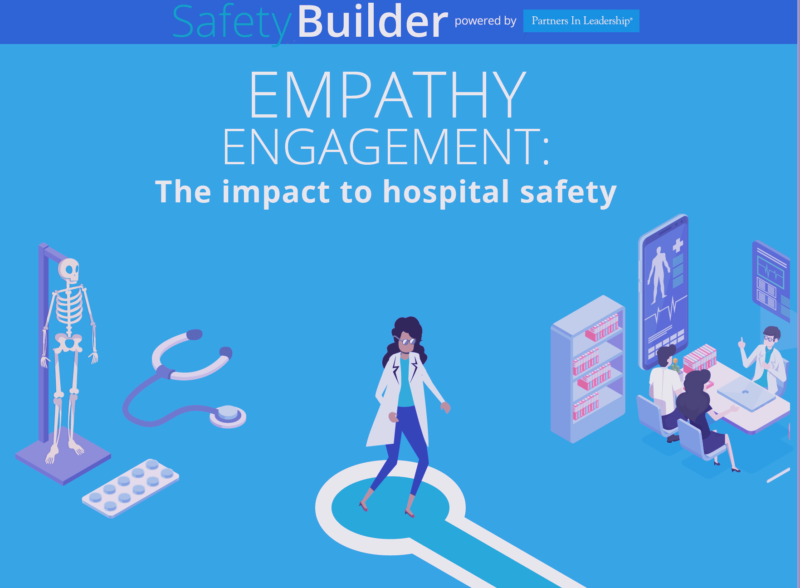When healthcare practitioners practice empathy with patients — and colleagues do so with one another — they consider the experiences of the other, and truly feel what it might be like to be the other. The results of empathy in healthcare often manifest as increased levels of trust, emotional connection, care, and sense of responsibility for the other’s wellbeing.
Why is empathy important in healthcare? Research has revealed that greater levels of empathy and compassion are statistically linked to increased treatment adherence, reduced rates of malpractice, fewer mistakes, and improved patient satisfaction.
Establishing this cultural focus on empathy in healthcare is in itself a major challenge. In order to cement empathy as a core cultural belief shared by all members of an organization, leaders must intentionally shape employee experiences that promote the formation of this belief. That process is not an easy one and we’re here to help get the conversation started. In your complimentary copy of Empathy Engagement: The Impact to Hospital Safety you’ll find:
- Where you can have the biggest impact, today
- How creating a Culture of Safety resonates throughout the organization
- How to create buy-in at every level of your organization
Nearly 80 percent of patients report that they would recommend others to empathetic physicians they have seen – let’s create the same at your organization.




